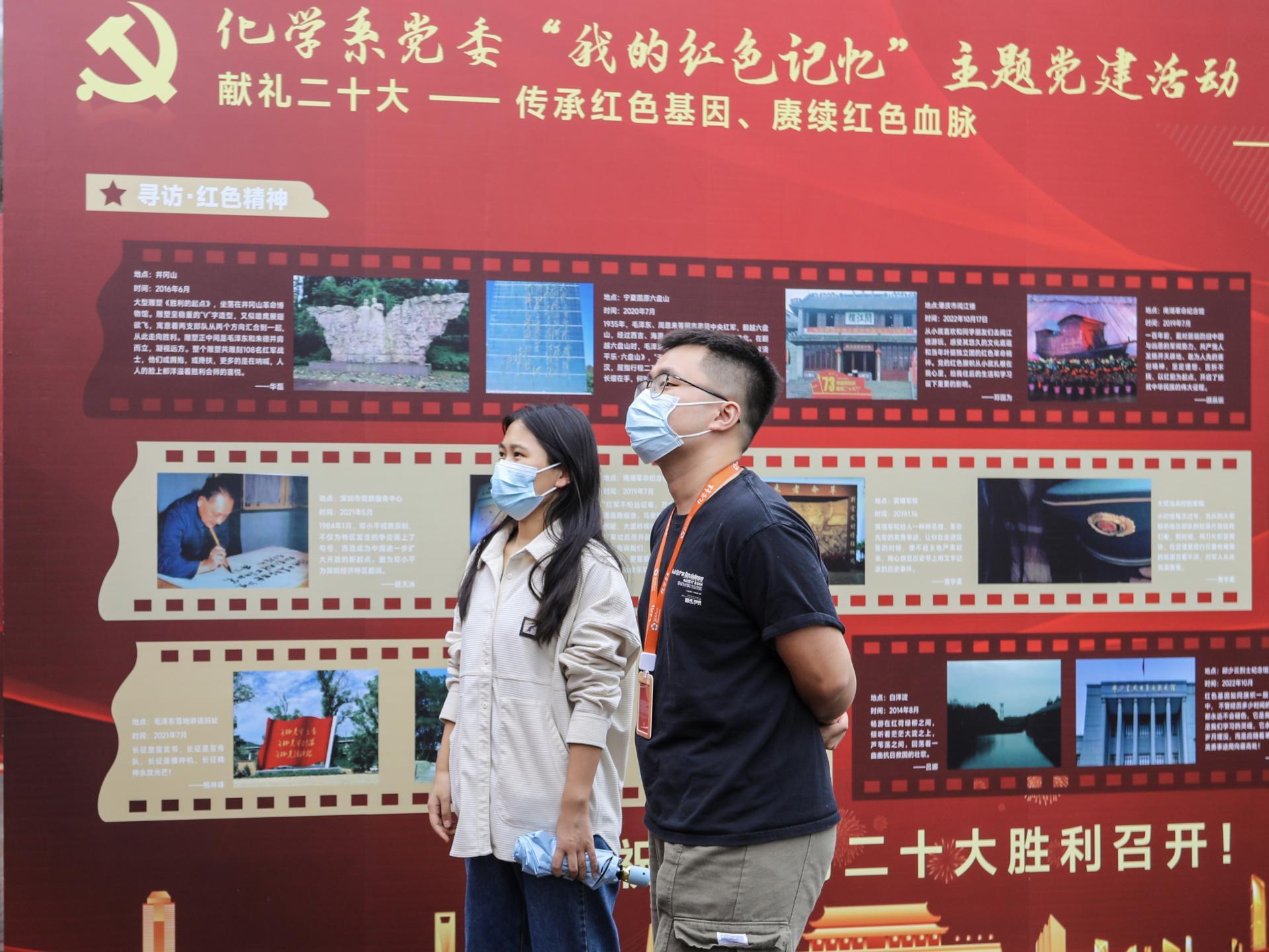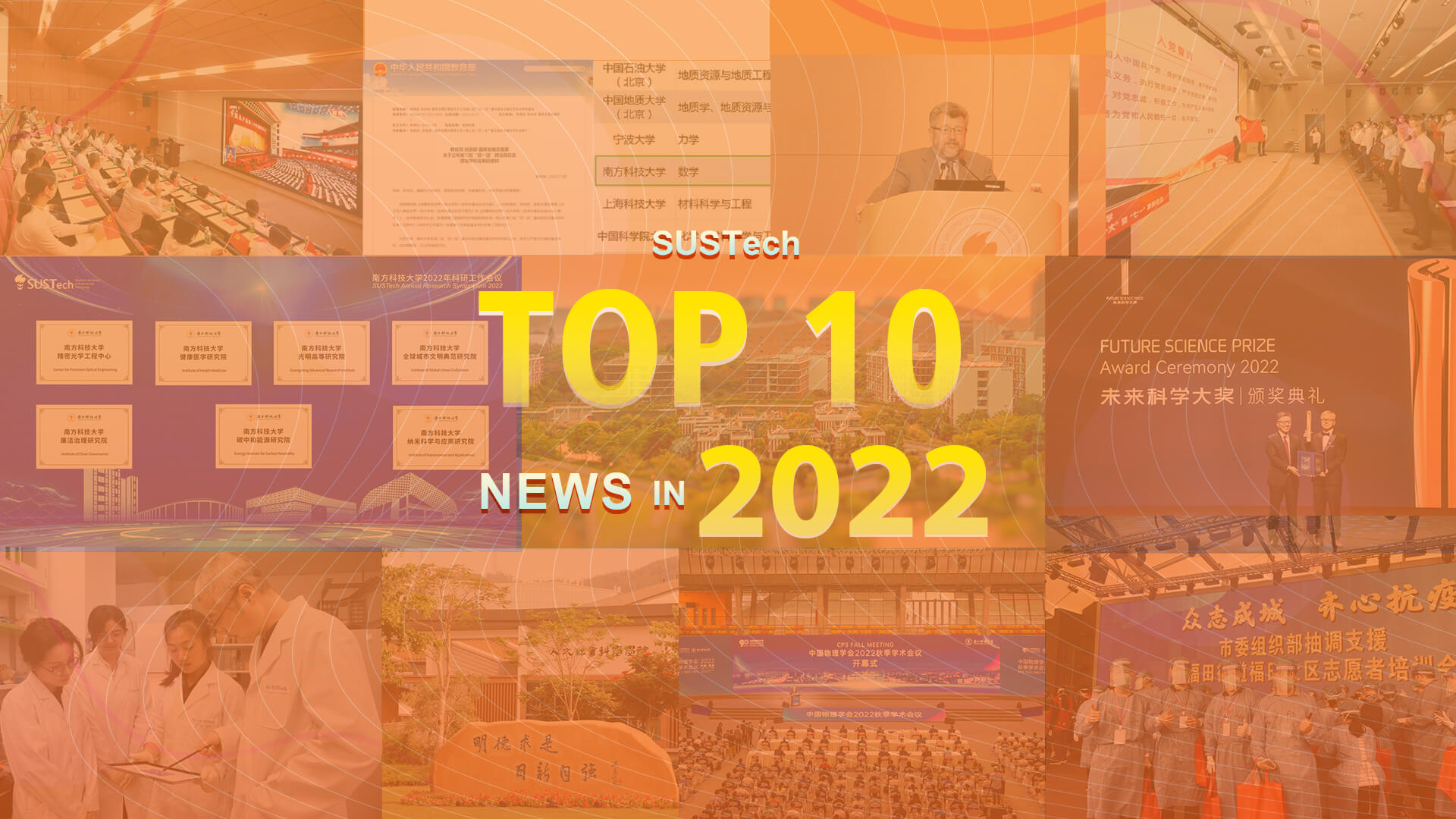2022 marked the year of the 20th National Congress of the Communist Party of China (CPC). It was also an important year for the Southern University of Science and Technology (SUSTech) as it was selected into the national "Double First-Class" University initiative and began its new stage of development.
The SUSTech Party Committee follows the guidance of the Central Committee of the CPC in implementing its requirements for party building and the party's organizational structure, improving the party's governance system, and continuing to promote the overall progress of grassroots party organizations. In April 2022, the University organized the 2022 Party Building Work Conference to study and arrange the goals and tasks of party building work for the year.
In 2022, SUSTech added 25 newly formed party organizations and branches. This included the newly established party committees of the Department of Earth and Space Sciences, the Department of Ocean Science and Engineering, and the Department of Mechanics and Aerospace Engineering, and the joint party committee of the School of Medicine optimizes and adjusts the branch setting according to the newly opened departments.
As of December 2022, the University has a total of 180 party branches, including nine second-level party committees/ working committees, nine department party committees, 14 general party branches, and 148 party branches (including 51 faculty party branches, 60 student party branches, and 37 staff party branches). The University's grassroots party organization structure continues to grow and strengthen yearly.

SUSTech will always look to strengthen its party building and all its grassroots party organizations. It aims to improve the governance of such party organizations and promote the deep integration of party building. One way of doing this is through the selection of its "Excellence of Governance Innovation Project", which has created a strong sense of governance in the party organizations of the University, and resulted in a series of measures to enhance the effectiveness of grassroots governance. A total of 44 projects were submitted, including 14 teaching and education, 11 scientific research services, and 19 administrative projects, and 7,200 people participated in online voting.
The University will continue to develop high-level talents, organize special education and training on the development of faculty party members, and hold activities for the development and training of party members.
